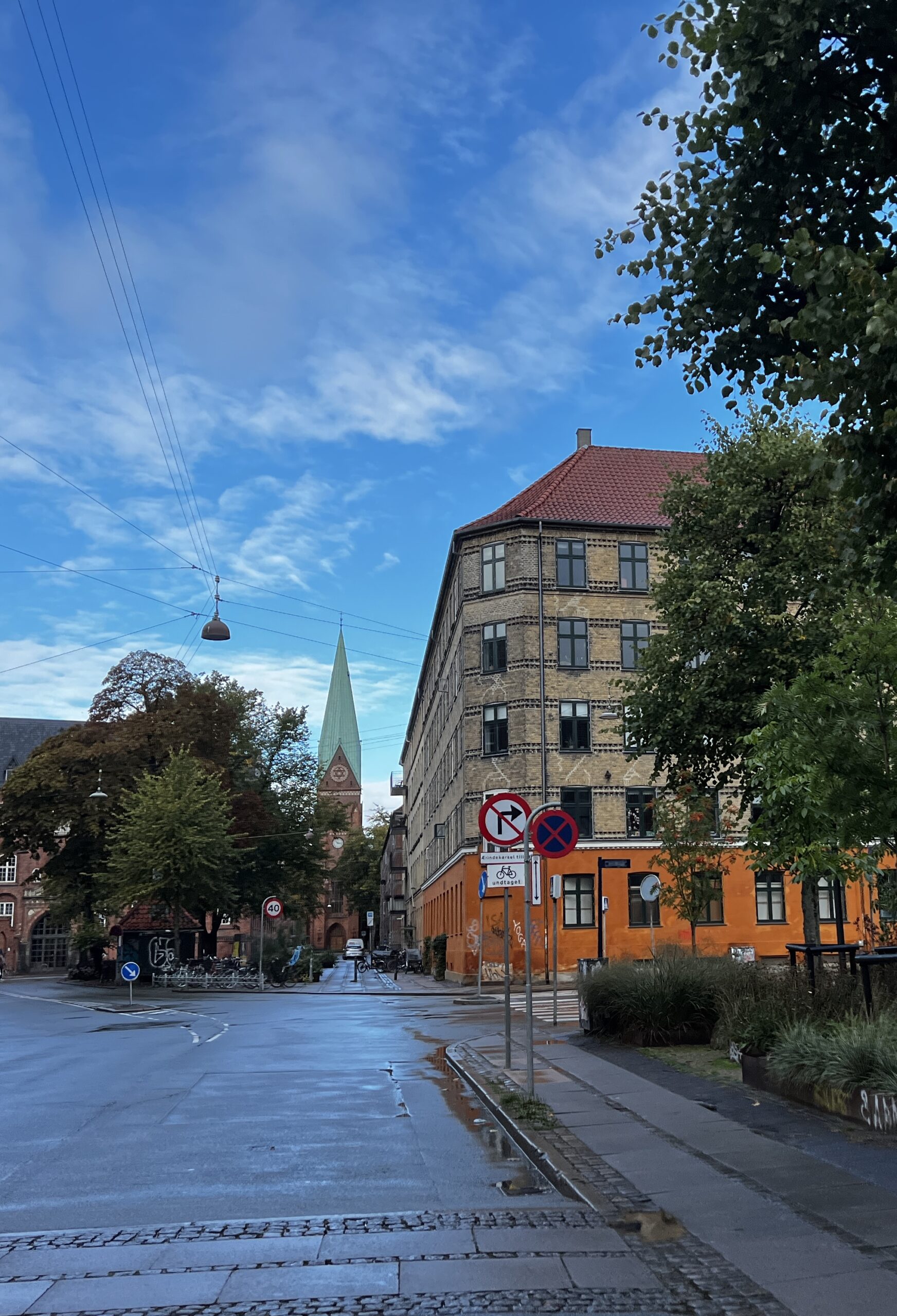
Tbilisi, Georgia
Each day I went back to the Sololaki district and wandered into the quiet chambers of the past. Day or night I returned to amble on the sidewalks of Ivane Machabeli, my favorite street in old-town Tbilisi, a long shaded alleyway where lines of tall elm trees seem to extend their arms to caress the flight of a passing breeze. Buildings from the nineteenth and twentieth centuries stand stoic, their blue and ochre façades everything but defeated. Not far from Gudiashvili Square I saw the remains of constructions from a previous era, eighteenth and seventeenth centuries, even older. On every street I felt protected by the eyes of overhanging wooden verandahs full of intricate carved details. An everlasting smile from the Caucasus. Georgians, Greeks, Persians, Turks, Armenians, Azeris, Russians, all have lived in this city. The rooms in these buildings have heard the first words of generations of crawling babies, smelled the vapors of roasted lamb out of the oven, tasted the grains of salt fallen off the tablecloth.
One afternoon I walked past the intersection of Lermontov and Machabeli streets and saw a woman sitting on a rickety chair, her skirt and blouse as dark as her eyebrows, which made her skin appear even whiter. In an instant my nose picked up what my eyes hadn’t seen: a world of spices lay on the stand before her. Cumin, thyme, cardamom, clove, blue basil, mustard seeds, and much more. She smiled and nodded at me, as if we both knew the pleasures that could be concocted with her goods. This was my first time in the country, a short trip of one week, but soon I gave in to the pleasures of Georgian cuisine and dipped bread into bowls of sweet and hot and pungent sauces. I discovered ajapsandal, my favorite dish, made with eggplant, onions, tomato, bell pepper, parsley, coriander, and many other spices.
I walked under high porticos that led to expansive patios where men played board games in the shade, a line of clothes hanging in the wind overhead. Water pipes crept along the walls like the tails of giant lizards.

At number 13 stands the Writers’ House, a 1905 jewel of Art Nouveau designed by German architect Karl Zaar. It was commissioned by businessman and arts-patron, David Sarajishvili, who had studied philosophy and chemistry in Germany. Sarajishvili went to France and learned everything there was to know about cognac. He came back to Georgia and founded a factory that produced good quality wines and brandies. They were sold all over the Russian Empire. Sarajishvili and his wife, Ekaterina Ivanovna Porakishvili, were true philanthropists and offered financial support to many Georgian artists. The couple remained childless and donated most of their wealth to spread literacy around the country.
In the house, which was built as a celebration of Sarajishvili’s 25th wedding anniversary, I learned about the year of Soviet terror. In 1937 more than 150 writers and poets were killed, many of them tried here, in this house. I imagined the lives that had been eclipsed in those rooms, the ideas that had existed but could never be written.
***
A sip of Georgian wine travels through the map of your body, it murmurs something to the cells of your organs. Saperavi, Rkatsiteli, words that become liquid flavors, a rush of ruby-colored bliss between heartbeats. In Ezo, a restaurant located on Geronti Kikodze, a street parallel to Ivane Machabeli, I sat at a table in the courtyard and ordered wine, a large glass, and a bowl of tomato and cucumber salad – for the third day in a row. “It’s the olive oil,” one of the waiters told me. “It’s from Kakheti. That’s the secret.” They were pleased to see me come back every day. Even the cooks had begun to crane their necks and smile at me from the kitchen.
The day after I rambled again through the streets of Sololaki and read the inscriptions on the plaques, one after the other: Sandro Inashvili, founder of the school of opera singing; Lamara Pashaeva, ethnographer and public figure; Evgeny Mikeladze, orchestra director; Michael Aramiants, philanthropist; Pyotr Ilych Tchaikovsky, composer. So many minds had found inspiration in Tbilisi. From my childhood I remembered Tigran Petrosian, the Armenian World Chess Champion who had felt at home in this city. He was known for the wall he would build around his pieces, an impenetrable defensive style. At a corner, with the map in my hands and squinting at the name of a street, I found the house where he had been born in 1929, and where he lived until 1946. Looking at the window where he must have stood next to the curtain and watched the cars go by, I felt I had gotten to know him a little better. Iron Tigran.
Hands clasped behind my back I ventured into one of the apartment buildings nearby. The front door was ajar and I decided to risk a scolding from an angry tenant, the instant barking of a dozen lapdogs. Inside I admired the blue-tiled foyer that led to a spiraling staircase, then walked up the stairs and stood on the landing for a minute, felt the coolness of a draft entering my clothes, touching my body, a waterfall of light pouring down from the skylight.
A. Mauricio Ruiz‘s work has appeared in The Rumpus, Electric Literature, River Teeth, and Literal Magazine, among others. He has been shortlisted for the Bridport and Fish prizes, and received fellowships from OMI writers in NY, Passaporta in Belgium, Jakob Sande in Norway, and the Three Writers Sea Council in Rhodes. His work has been translated into Dutch, French and Albanian. His second collection of stories, Silencios al sur, was published in early 2017.




